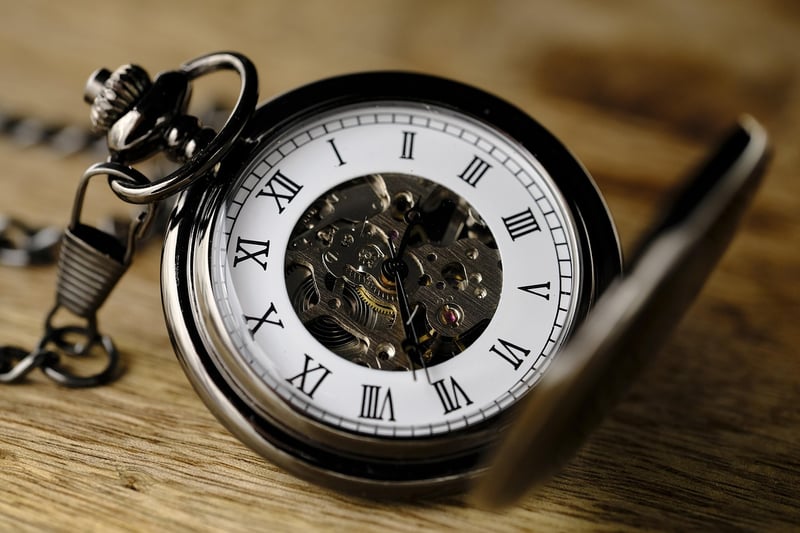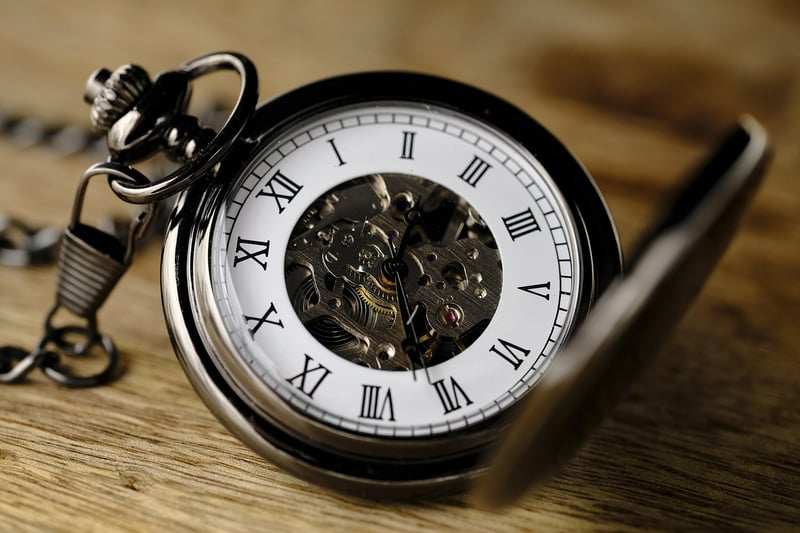Temporal Paradoxes
The Mechanics of Time Travel and Temporal Paradoxes
Time travel has been a popular concept in science fiction for decades, captivating audiences with its possibilities and complexities. But what would it truly entail if it were possible? Let's delve into the mechanics of time travel and explore the fascinating world of temporal paradoxes.
The Basics of Time Travel
Time travel refers to the hypothetical ability to move backward or forward in time, altering the course of events. While the concept is often portrayed in movies and books, the scientific feasibility of time travel remains a topic of debate among physicists.

One common theory of time travel involves wormholes, hypothetical tunnels in spacetime that could create shortcuts for journeys through time. Another concept is time dilation, as described in Einstein's theory of relativity, where time can be experienced differently for objects in motion.
Temporal Paradoxes
Temporal paradoxes are logical contradictions that arise from time travel scenarios. One well-known paradox is the grandfather paradox, where a time traveler goes back in time and prevents their grandparents from meeting, thereby preventing their own birth.

Another intriguing paradox is the bootstrap paradox, where an object or information exists without origin. For example, a time traveler could go back in time and give Shakespeare a copy of his own plays, which Shakespeare then publishes under his name.
Conclusion
While time travel and temporal paradoxes are fascinating concepts that fuel our imagination, they also pose challenging questions about causality and the nature of reality. Whether time travel will ever become a reality or remain a product of science fiction, exploring these ideas opens up a world of possibilities and philosophical inquiries.
Remember, the next time you ponder the mechanics of time travel and the mysteries of temporal paradoxes, you are engaging in a journey through the boundless realms of the human mind.
